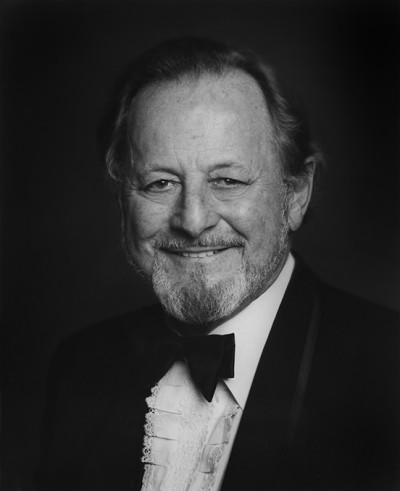Ralph Nelson (Ralph Nelson)

Ralph Nelson was born into a Swedish-American family in Long Island City, New York in 1916. He became interested in the theater while attending high school, and won an oratory contest sponsored by the “New York Times” in 1932. His interest in the theater lead him to Broadway, where he worked as an errand boy before making it onto the stage. He made his Broadway debut on January 15, 1934 in “False Dreams, Farewell,” and followed it up with parts in “Romeo & Juliet,” “Othello,” “Macbeth,” and “The Taming of the Shrew” through 1940. His last Broadway play before the outbreak of World War II was “There Shall Be No Night,” also in 1940, for which he also served as stage manager. During this pre-war period, Nelson worked with such legendary performers as Katharine Cornell, Leslie Howard, and the Lunts. In World War II, Nelson joined the Army as an air cadet. He was assigned to the stage company that put on Irving Berlin’s “This Is the Army” on Broadway, and his award-winning one-act play “Mail Call” was part of a Broadway showcase “Army Play by Play” in 1943, while he was serving with the Air Corps. He eventually was promoted to captain while serving as a flight instructor, and on June 14, 1945, his first full-length play, “The Wind Is Ninety,” was presented on Broadway while he was still attached to what was now called the Army Air Force. The play won an award from the National Theater Conference. Although Nelson appeared on Broadway again as an actor in the musicals “Cabaret” and “Follies,” staged the comedy “The Man in the Dog Suit” in 1958, and produced the musical “Look to the Lilies” in 1970, it was the visual media that beckoned. He entered the nascent television industry as an actor, but made the transition to director.
As a director and producer, Nelson had a hand in as many as 1,000 TV presentations in the late 1940s, the 1950s, and the early ’60s. He directed the first broadcast of “Playhouse 90” and was a regular contributor to the “General Electric Theater,” the “Lux Video Theatre,” and the “Westinghouse Desilu Playhouse,” among other omnibus showcases in TV’s Golden Age. He directed the acclaimed episode “A World of His Own” in Rod Serling’s “Twilight Zone.” He also directed both the television and film versions of Serling’s Requiem for a Heavyweight. When he moved from the little to the Big Screen, his films typically tackled topical subjects such as racism. His most successful and best-remembered film was 1963’s “Lilies of the Field,” for which he received an Oscar nomination as Best Picture as producer. Sidney Poitier became the first African American male and only second black person overall to win a competitive acting Oscar. His other major films that have endured were the 1964 Cary Grant comedy “Father Goose” and “Charly” the 1968 film version of Flowers for Algernon, for which Cliff Robertson won an Oscar. Eventually, Nelson returned to TV, finishing his directing career with “Christmas Lilies of the Field” (1979), a sequel to his 1963 hit. He died in 1987 in Santa Monica, California at the age of 71.
Born
- August, 12, 1916
- USA
- Long Island City, New York
Died
- December, 21, 1987
- USA
- Santa Monica, California
Cemetery
- Rose Hills Memorial Park
- Whittier, California
- USA

